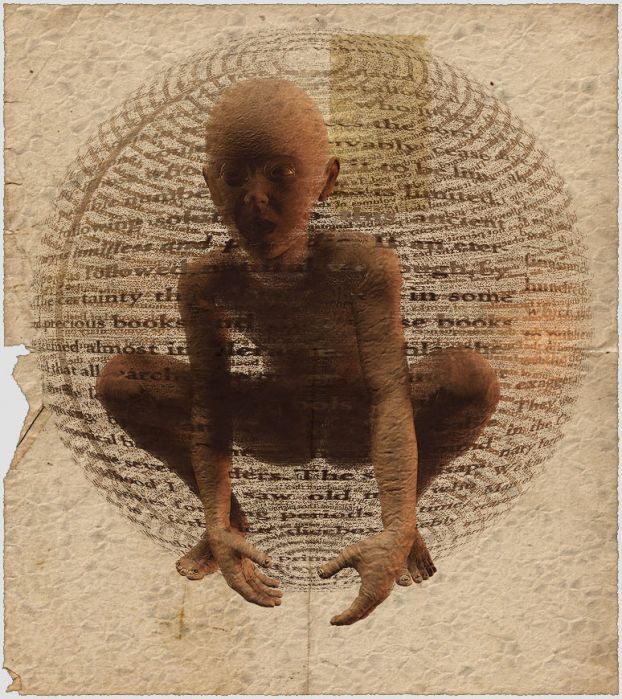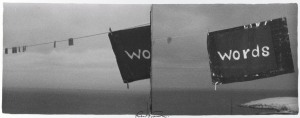“identifying a function for dreams or pretend play or fiction doesn’t mean that we’ve identified the function”
-Jonathan Gottschall-
I am enjoying this book more than I expected. Often overview-type books of aspects of human phenomena leave me with a touch of “yeah, we all know that (i.e. we experience that), but tell us something new, give us opportunities to create knowledge from new data!” Gottschall’s book is a well-written tour (akin to the work of de Botton on aspects of human life) – representative of current knowledge, suggestive rather than pedantic, and fluidly engaging.
“Consider the following information:
Todd rushed to the store for flowers.
Greg walked her dog.
Sally stayed in bed all day.
Quick, what were you thinking?…
In the same way that your mind sees an abstract pattern and resolves it into a face, your imagination sees a pattern of events and resolves it into a story…studies show that if you give people random, unpatterned information, they have a very limited ability not to weave it into a story…the storytelling mind is a factory that churns out true stories when it can, but will manufacture lies when it can’t…it’s usual method is to fabricate the most confident and complete explanatory stories from the most ambiguous clues…the Sherlock Holmes in our brains job is to ‘reason backwards’ from what we can observe in the present and show what orderly series of causes led to particular effects…we will always rather fabulate a story than leave experience unexplained.”
And so on. In fact, the sentences he writes above are on-the-fly conjured random fact-statements unrelated. Most of us probably had already begun to fit it into something ‘meaningful to us’ before we finished the third one. Does this help you see how your view and perspective on reality – your ‘automatic’ or instinctual or deferral mode comprehension ALWAYS needs sorted out with CONTEXT and the empirical world? Our minds are amazing and unbelievable in their functions and operations (literally), factories of fictions based on ancient genetic messages qua homo sapien, empirical experiences from our own individual lifespans, and an untangleable web of socio-cultural input and in-formation. We’re fascinating…and utterly unreliable. Thus we have each other, and our senses and myths and science and all sorts of other-world perspectives to adjust and possibilize our own stories. Perhaps there are moments our thoughts align with facts, but those will be rare in our lives.
Taken in a context of Nelson Goodman’s Ways of Worldmaking, John Canfield’s Becoming Human and Alan Singer’s The Self-Deceiving Muse, Gottschall’s delightful foray into the impulsivity of fiction-like brain behavior makes for a savory meal. I’m concocting stories about it even now (it’s sure).



“We’re fascinating…and utterly unreliable.”
Those five words sum up why i like reading you so much!
thanks 🙂
Looks most tasty and story-provoking!
Greg walked her dog…
Wait, what? 🙂
On my to read list: The Story Telling Animal.